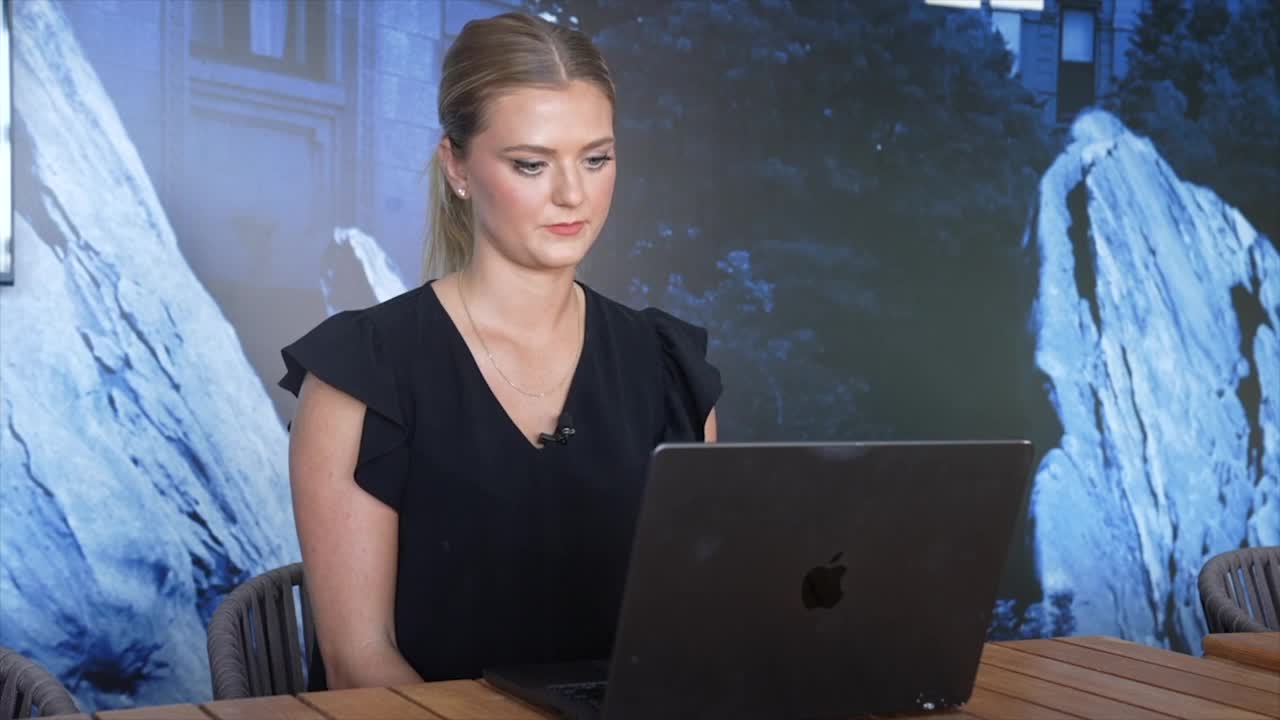DENVER — Online extremism is a growing issue affecting more kids in a world where social media addiction is prevalent and real-world connections are often replaced by online interactions, according to the Counter Extremism Project (CEP).
Dr. Hans-Jakob Schindler is the senior director at CPE, an international nonprofit and non-partisan policy organization that researches and educates people about threats posed by extremist ideologies.
He said there has been an uptick in radicalization of young people, specifically since the COVID-19 pandemic. Dr. Schindler said during lockdowns, people spent much more time online, while many began looking to social media for news and to connect with other people.
"Of course, once you spend more time online, social media becomes more important in your life," Dr. Schindler said. "It's really social media that is the main, sometimes even the sole news provider. It's their main and sometimes sole social interaction tool, right? That has really increased over COVID as the prevalence of social media and messenger platforms increases in our daily life. So of course, increasing the negative side effects of those platforms."
Most recently in Colorado, the Jefferson County Sheriff's Office said, the 16-year-old who shot two students at Evergreen High School had been radicalized by an extremist network. Law enforcement did not provide any more details or specifics about the network.
The FBI confirmed to Denver7, it was investigating the social media accounts connected to the 16-year-old shooter months before the attack. In July, the FBI “opened an assessment into a social media account user whose identity was unknown and who was discussing the planning of a mass shooting with threats non-specific in nature,” a spokesperson from the FBI’s national office said in a statement to Denver7. The agency said it wasn't able to identify the individual behind the accounts and there was no probable cause for arrest.
Denver7 initially reached out to the Counter Extremism Project to learn how extremist content ends up on teens' social media algorithms and how parents can help kids stay safe online.

Dr. Schindler said parents should understand social media is here to stay and you cannot save children from having access to online platforms. He said parents should remind kids that social media is not the best place to get balanced information because of algorithms that push content with the most user engagement.
"Hateful content, divisive content, bad content, disinformation, misinformation creates vastly more engagement and user time on a social media platform then a really neutral, balanced discussion and argument," Dr. Schindler said. "So a cat video and a beheading video are not commercially the same value. The more engagement, the more valuable."
He said social media platforms are not freewheeling spaces where people simply talk to each other. Instead, algorithms easily pick up on what you engage with and lead you down a rabbit-hole of related content.
According to an April 2024 report by the National Institute of Justice, which looked into the role of the internet in social media radicalization, evidence suggested connections within and reinforcement across extremist forums were tied to a greater likelihood of developing radical views.
Dr. Schindler said parents should check in with their children to watch for signs of loneliness or isolation, which can be causes and symptoms of radicalization. Dr. Schindler said parents should also reinforce the importance of real-world social interactions.
"Unfortunately, the warning signs are so few on social media... a hint here or there. It's really hard. So, parents should stay in conversation with their children to see how they're doing, if they're feeling lonely, if they're feeling isolated, if they have beginning of psychological problems, to see, hopefully catch first signs of radicalization early, and if they really have a suspicion something really serious is going on, please seek professional help," Dr. Schindler said.




